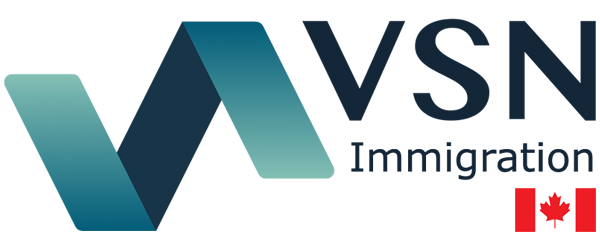Almost 37,500 out of 90,000 applications submitted on the first day of the TR2PR
On May 6, 2021, Immigration, Refugees and Citizenship Canada (IRCC) has launched six new temporary immigration programs aimed at essential workers and international graduates. Despite many technical problems with registration, document uploads, and processing fee payments, the system accepted almost 37,500 out of 90,000 applications. As of 10:30 PM EST, IRCC accepted 508 applications from healthcare workers, 3,845 applications from essential, non-healthcare workers, and 32,293 applications from international graduates. As for the similar streams for Francophone candidates, there were 5, 169, and 38 applications, respectively. Most likely, the cap for international graduates will be reached in 1-2 days. At the same time, there are still many spots available in the other streams.
#IRCC, #Canadian_experience, #PR, #healthcare, #essential_occupations, #French, #Francophones, #international_students, #international-graduates, #immigration_levels, #immigration_policy
Saskatchewan issued 259 ITAs in the SINP
On May 6, 2021, Saskatchewan conducted a new round of invitations in the Saskatchewan Immigrant Nominee Program (SINP). SINP issued 259 invitations to apply (ITAs) for the provincial nomination. In the Express Entry category, Saskatchewan issued 136 ITAs. Another 123 invitations were issued to the Occupations In-Demand category candidates. The lowest score in both categories was 70 points, the same as in the previous draw. All invited candidates had Educational Credential Assessments. In this draw, Saskatchewan invited candidates in 63 different NOCs. Saskatchewan invited 3,200 candidates in 2021, 1,647 under the Express Entry, and 1,553 under the Occupations In-Demand category.
#Saskatchewan, #SINP, #Express_Entry, #Occupations_in_demand, #PNP
The government of Canada updated the terminology for Quebec-related instructions
The Government of Canada announced a new update on a name change. Starting May 6, 2021, references to the “Ministère de l’Immigration, de la Diversité et de l’Inclusion (MIDI)” and “Citizenship and Immigration Canada (CIC)” will be replaced with “Ministère de l’Immigration, de la Francisation et de l’Intégration (MIFI)” and “IRCC”, respectively. All students destined to Quebec must submit a Certificat d’acceptation du Québec (CAQ) or a confirmation letter from MIFI when applying for a study permit. In order to ease the study permit application process, IRCC accepts confirmation letters issued by the MIFI instead of CAQ. MIFI approval letters 705, 733, 300, and 310 are considered equivalent to the CAQ.
#international_students, #Quebec, #MIFI, #Study_permit
Canada tries to increase Francophone Immigration
As a result of initiatives at both the federal and provincial levels, from 2015 to 2019, Canada succeeded to increase the number of French-speaking newcomers. The amount of francophone new permanent residents almost tripled, climbing from 2,965 to 8,470. After the beginning of the COVID-19 global pandemic and border restrictions, immigration to Canada slowed down and prevented the arrival of newcomers. In 2020, francophone immigration outside of Quebec declined by 32%, to 5,755. Three out of six new temporary immigration programs targeting essential workers and international graduates residing in Canada are for French-speaking candidates and have an unlimited capacity which means Canada does not want to limit the number of Francophone applicants.
#IRCC, #PR, #French, #Francophones
